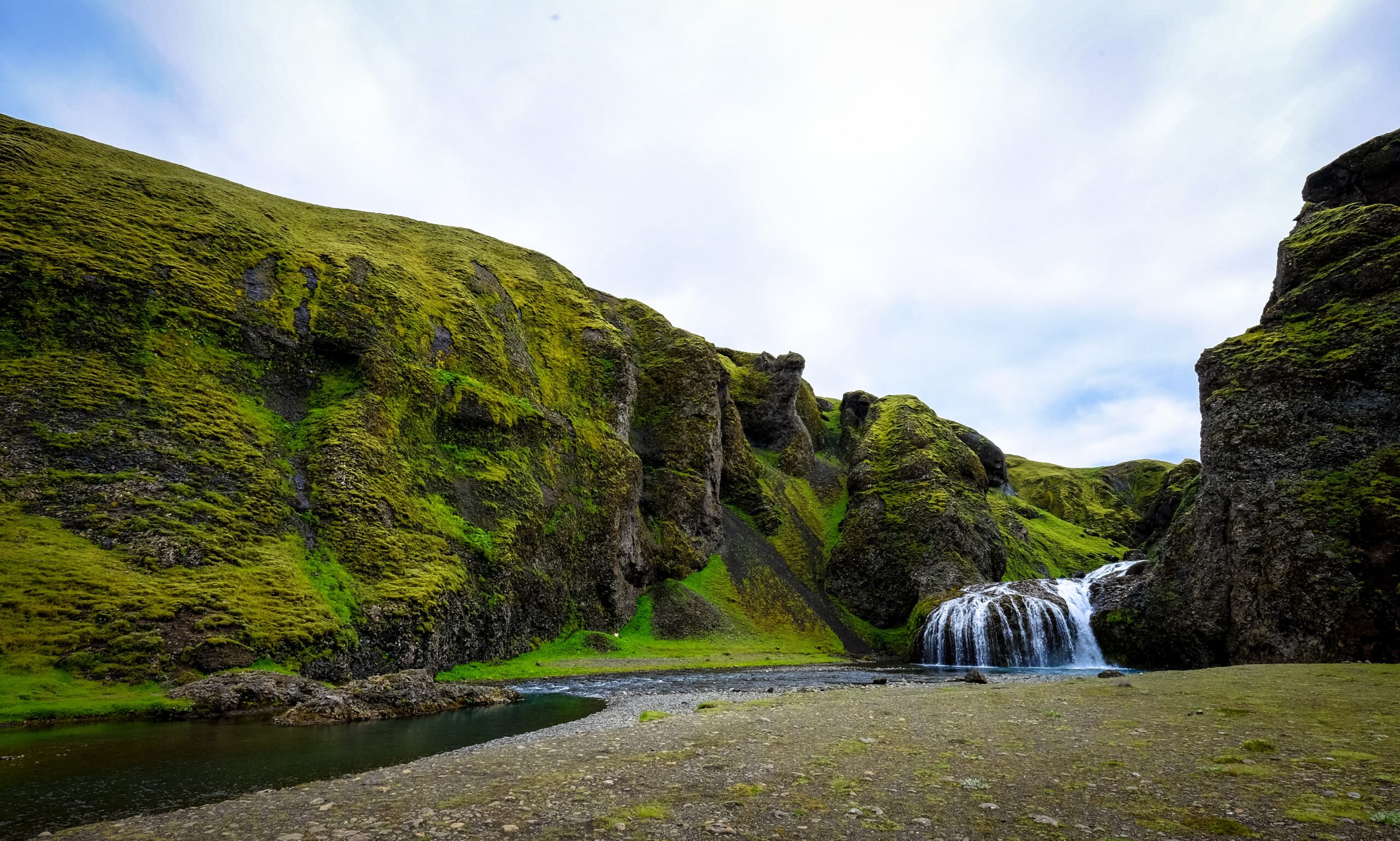The Lushai Hills of Mizoram and its happy people
It was late afternoon in mid-October when I was about to land at one of the tiniest and most beautiful airports in Northeast India, the Lengpui Airport in Mizoram. I was on a field trip to Mizoram for a week. I still remember sitting on the window seat of the flight and witnessing the freshness of the lush green Lushai hills, the Tlawng River passing by the capital city of Aizawl and several streams flowing, sandwiched in between the hills. I could barely see any man-made structures, or fabrications in the virgin green patches, unlike the lilliputian aerial view of the thousand houses, cars and the million light bulbs glaring like stars on the ground, on reaching the airports of any other Indian city.
Rema and Mawpuiya were already waiting at the arrival gate of the airport as I struggled to find my luggage in the first ever airport I visited in my life, which had no luggage belts. By then, I could see people queuing to collect their luggage from the wagon itself. I had no other option but to follow my fellow passengers in collecting my trolley that was squeezed between dozen other trolleys. Rema and Mawpuiya, the two young Mizo chaps were assigned to be our assistants during the survey across Mizoram. Just after my arrival, they took me to a Mizo restaurant to have their ethnic food. It was one wholesome lunch with a lot of ethnic herbs and some savouring meat. More than the food, it was the warmth and welcoming nature of the Mizo people that touched me. For many reasons, I was perhaps more intrigued by the Mizo women and their behaviour.
As hard as I could think, I do not remember seeing a woman laughing out loud, chatting raucously without bothering about the presence of people in any café or restaurant in all other places I have been to, not even in my state. We have always been taught to behave “properly”, smile and not laugh, or laugh but not that loud in a crowd. We are told that women are supposed to be “graceful”. So, I was utterly surprised to see a very contrasting picture. I still recall the loud laughter of the Mizo women in the restaurant that evening, the loud chattering of the women in the petrol pump in Aizawl, women whistling and washing cars by the roadside, the cheerful faces of the women in the shoe store, the grocery store, the wine store, and the proactive housewives I surveyed. I could not be happier seeing women having fun, relaxing, chilling, and working.
Two days back, browsing through the Times of India, I saw Mizoram being declared the happiest state in the country. The news did not come as a thunderbolt to me, but it made me join many dots and contemplate several things. The study that declared such a result was conducted by Management Development Institute in Gurugram, India. The happiness index was based on family relationships, work-related issues, social issues and philanthropy, religion, and Covid’s effect on physical and mental health. It was found that the parental pressure for studies is very less in Mizoram. The report also says that there is no discrimination among gender in the state, which I could speculate well during my stay there.
Much gender-based research on human psychology has been done so far and it shows that women are more likely to experience intense positive emotions – such as joy and happiness – compared to men. Also, they are more likely to express happiness, warmth, and fear, which helps with social bonding. This, to a very extent possibly influences society in general. Societies with women, who are often the ones knitting the thread of the anatomy of society, when are happy and positive, such societies are likely to be happier.
I could no longer wait but write this piece as an accolade to Rema, Mawpuiya and the men of the Lushai Hills, to thank them for being the men any woman wants to surround herself with to be happy.
Anushka Saikia, Wildlife Biologist, Elephant Research and Conservation Division, Aaranyak, Guwahati.



